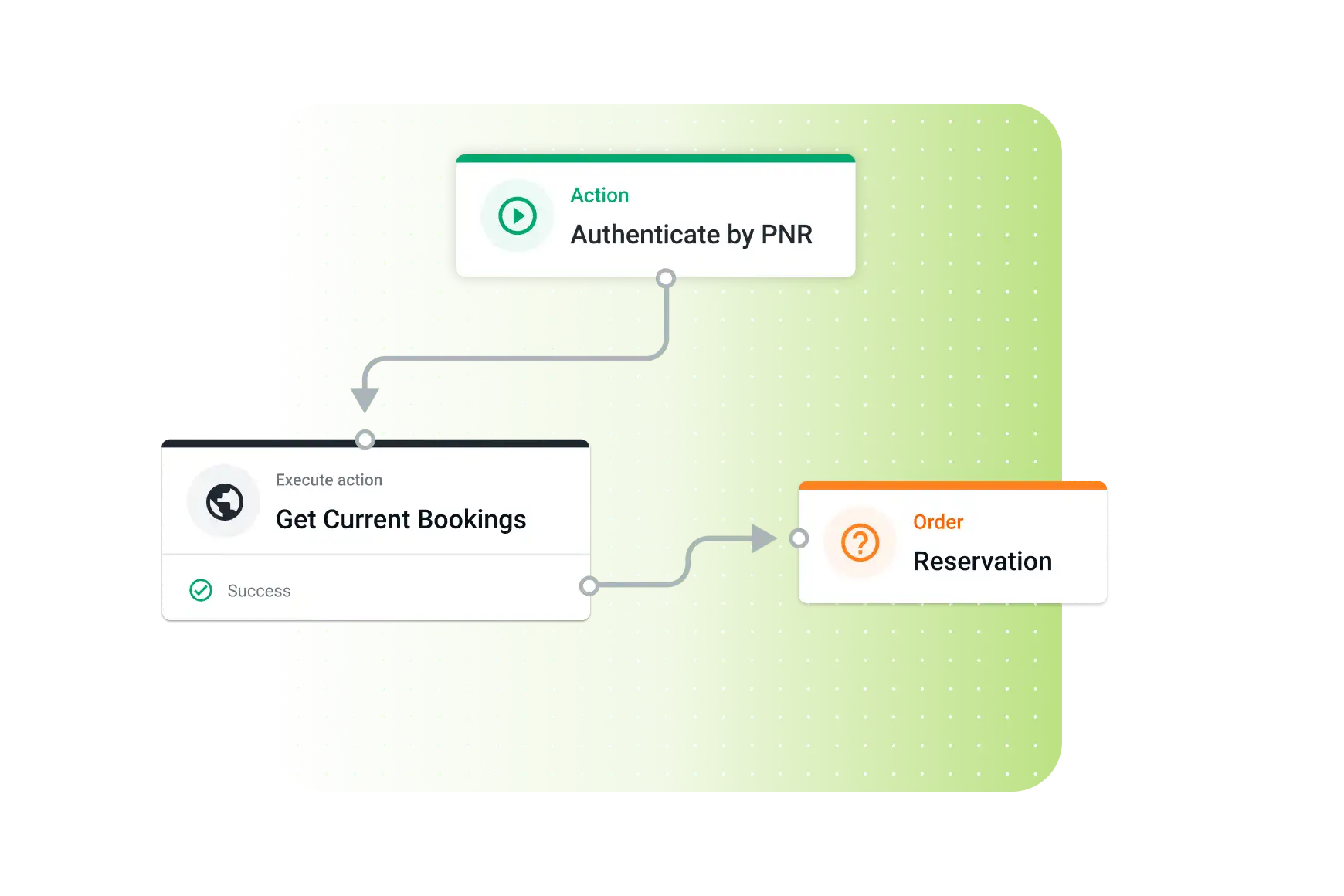When travel hits turbulence, CX takes off

By Michael Klein
0 min read

The summer travel boom means more pressure on the industry to keep up. In the U.S. alone, 2024 saw nearly 22% of flights delayed and 1.4% canceled. That’s millions of disrupted journeys, each one an opportunity to either lose a customer or win long-term loyalty. While the season brings opportunity, it also puts pressure on operations. Delays, cancellations, overbookings, and staffing shortages are part of the travel experience. In Europe, in 2024, the on-time arrival rate was just 72.5%, with 1.5% to 3.2% of flights canceled. That means nearly 1 in 4 flights arrived late, and over 38% of travelers were stranded or rerouted.
While these disruptions are largely out of the control of airlines, hotels, and other providers, how companies respond to them is what truly defines the travel customer experience. Friction points don’t have to define the traveler’s experience because as much as disruption is part of the reality, poor customer experience doesn’t have to be.
Travel brands should lead with speed, personalization, and empathy. How? Customer experience for travel needs to evolve beyond traditional contact centers and generic automation into a purpose-built platform that meets the complexity and expectations of modern travel.
Automation at scale: Resolving more issues, faster.
Peak season doesn’t just bring more travelers, it brings more complexity and pushes contact centers and customer support systems to the limit. High service request volumes overwhelm traditional support teams, especially during disruptions, slowing responses and compromising customer satisfaction. AI-powered automation for the travel industry can handle a wide array of travel-specific queries. For example, rebookings after a flight cancellation, seat changes, upgrades, room service requests, or itinerary confirmations can be resolved in real time, without agent intervention. Guests get the answers they need in real time, and agents are free to focus on complex issues.
Automation delivers speed and scale without sacrificing quality. Businesses that leverage AI in customer service can reduce call volume by up to 30% while increasing customer satisfaction scores (CSAT) by as much as 20%. During peak travel periods, automation doesn’t just take pressure off agents, it is the first line of defense against brand damage. First contact resolution (FCR), a critical KPI in travel CX, reflects how quickly and smoothly travelers get the help they need. AI-powered routing and context-aware automation enable customers to get answers on the first try, every time. Faster resolutions mean less frustration, more trust, and travelers who feel supported and cared for.
Personalization across borders: Speak every traveler’s language.
Travel is inherently global. One customer might be navigating a layover in Tokyo while another is rescheduling a family trip from Rome. Their needs, preferences, and languages vary, but their expectations are the same: seamless, tailored service. In these situations, personalization becomes the difference between a routine interaction and a loyalty-building opportunity. Exceptional experiences start with a travel CX platform that uses data and AI to personalize support across channels and languages. That means using AI agents to understand customer history and preferences and deliver multilingual support in real time without awkward translations or miscommunication. For example, during the layover in Tokyo, the customer, initially speaking in Japanese, switches to English to clarify a detail about their hotel. The AI agent instantly understands the shift, seamlessly continues the conversation in English, and even anticipates the customer’s next need based on their history, ensuring a natural and informed interaction without any interruption.
With 59% of travelers saying they’re more loyal to brands that personalize their experience, it’s no longer a nice-to-have but a revenue strategy. Combine personalization with automation and get a solution that delivers context-driven, natural responses at scale.
Personalization goes far beyond matching language and channel preferences, but it is only as good as the data behind it. First-party and zero-party information sources, such as loyalty status, booking history, communication preferences, and behavioral patterns are the foundation of tailored experiences. Bringing this data together enables a 360º view of each traveler, helping providers to deliver interactions that are timely, relevant, and intuitive, from suggesting the right room, engaging through the preferred channel, or recognizing a loyal guest. Whether it’s social media, email, or voice travelers expect to engage on their terms, requiring travel customer experience to be omnichannel, borderless, and always-on.
Leading with empathy: The power of human touch in a digital experience.
AI-powered customer automation for travel can resolve a lot more than routine requests, and fast. It can understand context, analyze sentiment, and respond with empathy, quickly and accurately. A customer experience automation platform isn’t just about automating tasks, but knowing when human connection adds value. Some travel journeys carry more weight than a seat assignment or check-in confirmation. A missed flight that jeopardizes a family reunion, or a traveler abroad dealing with a canceled hotel booking and no clear support in their language. More than service requests, these are turning points in travel customer experience.
However, too many travelers still hit the same wall: repeating details to multiple agents, waiting on hold without context, getting bounced between departments without resolution. In addition to being inefficient, these gaps send a clear message that the traveler’s time and issues aren’t understood.
Customer experience automation for travel closes the gaps by routing conversations, assessing complexity, urgency, and emotional tone and transferring to a human agent when it makes sense, not as a last resort, but as part of smart, intentional service. The real impact is the continuity of the escalation. When a traveler speaks to an agent, that agent has already accessed important information such as interaction context, trip context, and past preferences. And this matters. Empathy, delivered through thoughtful automation makes service stronger, smarter, and worth coming back for.
The new travel standard—speed, personalization, empathy.
Peak travel periods, like summer, bring unique challenges and powerful opportunities. How a travel provider responds under pressure will shape how travelers remember it long after the journey ends. Top industry leaders are empowering their operations with Customer Experience Automation (CXA) solutions that reduce wait times, personalize engagement, and make it easy to escalate when needed. As a consequence, they’re transforming support from a cost center into a competitive advantage.
Explore how a purpose-built customer experience platform for travel can help deliver faster, smarter, and more human support at every stage of the journey.

Industries | Travel & Hospitality
Travel and hospitality contact center software meets the power of AI.
Deliver personalized, proactive support across the entire traveler journey with AI-powered customer experience solutions.







